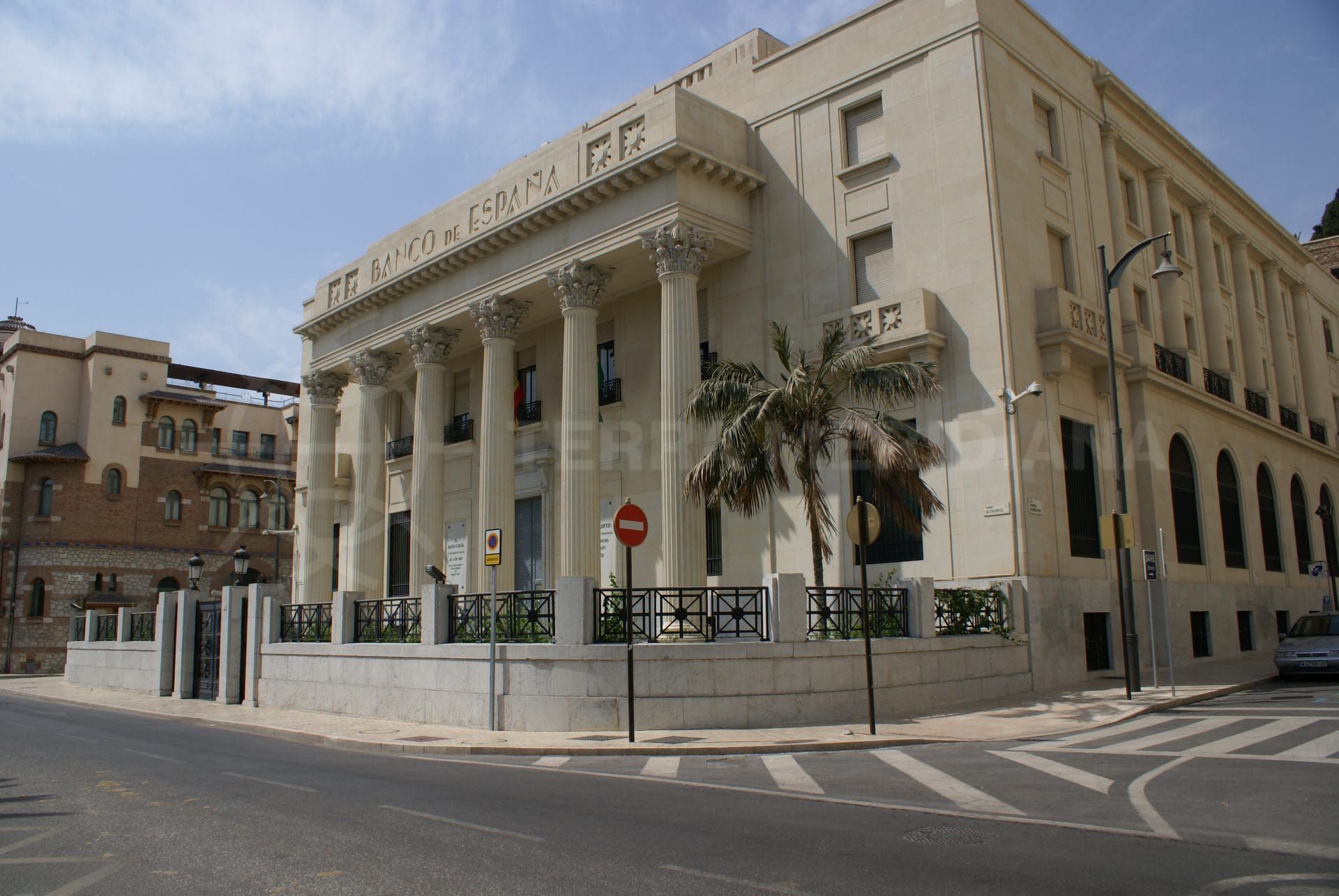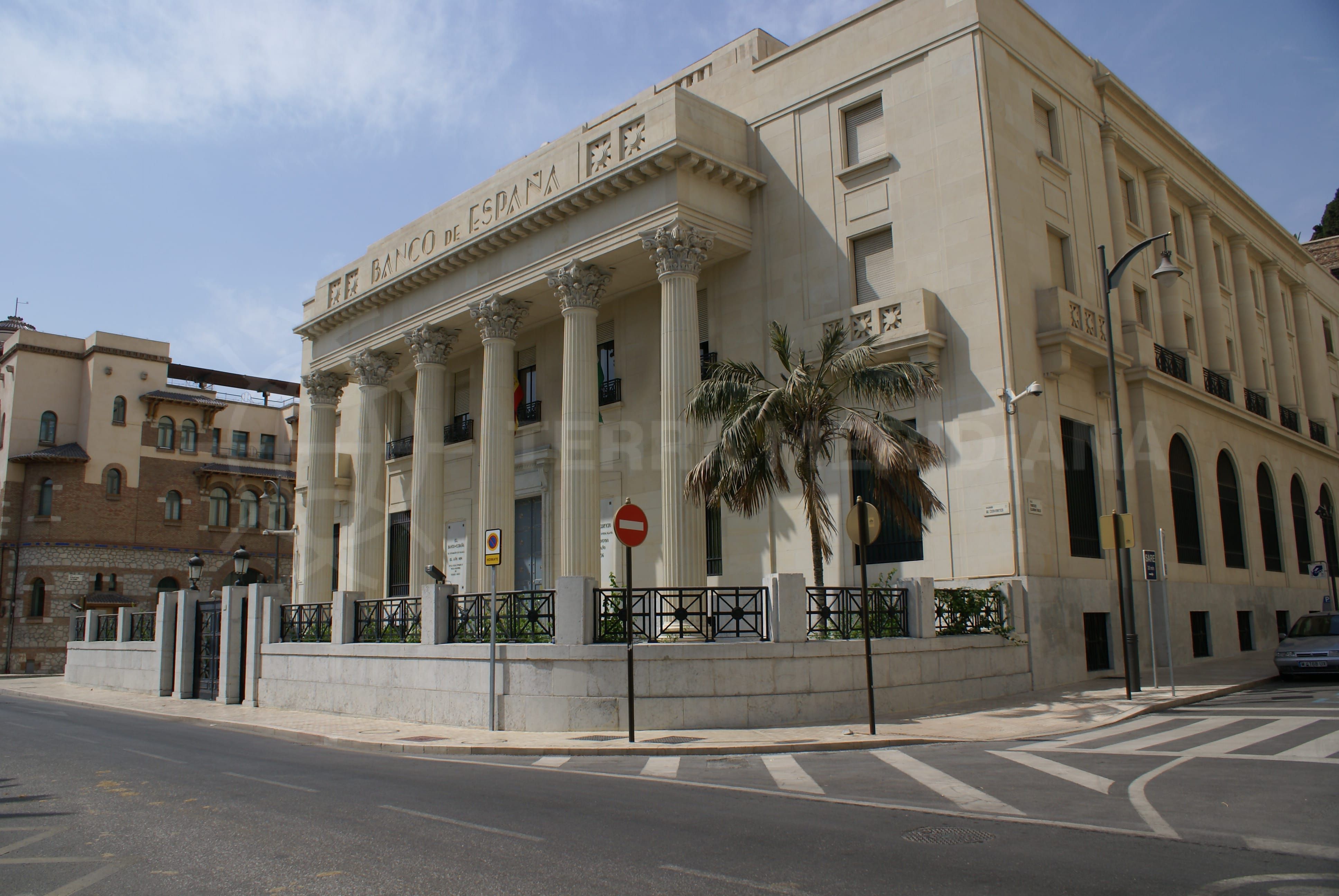
Property News
Bank accounts for non-residents of Spain
When opening a bank account in Spain, many are shocked to discover hidden costs for services that come completely free when banking at home.

For starters, most Spanish accounts charge you just for the privilege of having an account with them. Clients may also be hit with penalties for having a cheque book, receiving emails or using ATMs, with costs really adding up for account holders whose salary or pension is not being paid into them each month.
The advantage of setting a bank account up as a non-resident of Spain is that you do not have to pay any tax. Non-residents are those spending 183 days (six months) or less in Spain per year and without their main professional activity in Spain, nor a spouse or any dependants resident in Spain.
Fortunately there are some ways of avoiding being charged at every turn, as long as you do your homework. If necessary choose a bank that translates all their literature into your native language.
Please consult your bank for the most up to date information regarding charges and rates.
What you need to know to open a bank account in Spain
Opening a bank account in Spain is relatively easy, however, you will need to decide whether to open a non-resident bank account or one for residents.
The non-resident bank account
This type of account is for those people who spend no more than 183 days per year in Spain. Banks do charge more to administer this type of account, but there is one important benefit: you don’t pay tax on the funds in your account.
To open a non-resident account, you will need the following:
- A valid, current passport or national identity card if you’re an EU citizen.
- A document that proves your address in Spain, such as a utility bill that is less than three months old, or a recent bank statement from another Spanish bank.
- A document proving your employment status. A payslip, tax return or a government document showing you are unemployed, or receiving a state pension will suffice.
The bank may also require a ‘Certificado de No Residente’. This confirms that you are non-resident. They are available from Spanish police stations, or the bank will get it for you at a cost of around €15.
If at any time you wish to change to a resident’s account, you can do so.
Opening a resident’s bank account
A residents’ account is less costly and may give you more flexibility.
To open a resident’s account, you will need:
- A valid, current passport or national identity card if you’re an EU citizen.
- A document that proves your address in Spain, such as a utility bill that is less than three months old, or a recent bank statement from another Spanish bank.
- Your NIE number
- Proof of your employment status (such as an employment contract, a student card or unemployment paperwork).
It is possible to open both types of bank account online, but you may find it easier to visit the branch of your chosen bank in person. Being able to talk to a bank official is more likely to ensure there are no misunderstandings about any aspect of the bank account.
Editors note: This article was originally published in 2013 but has been updated and corrected in May 2018.
By Eloise Horsfield | Property News | June 6th, 2018
Related Posts


